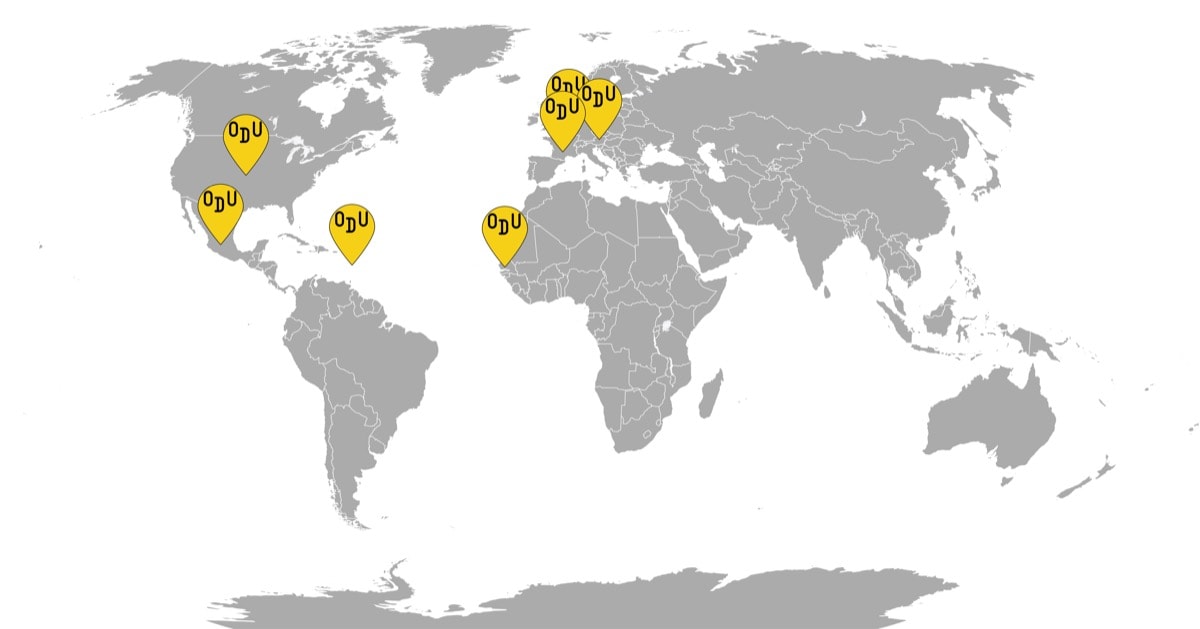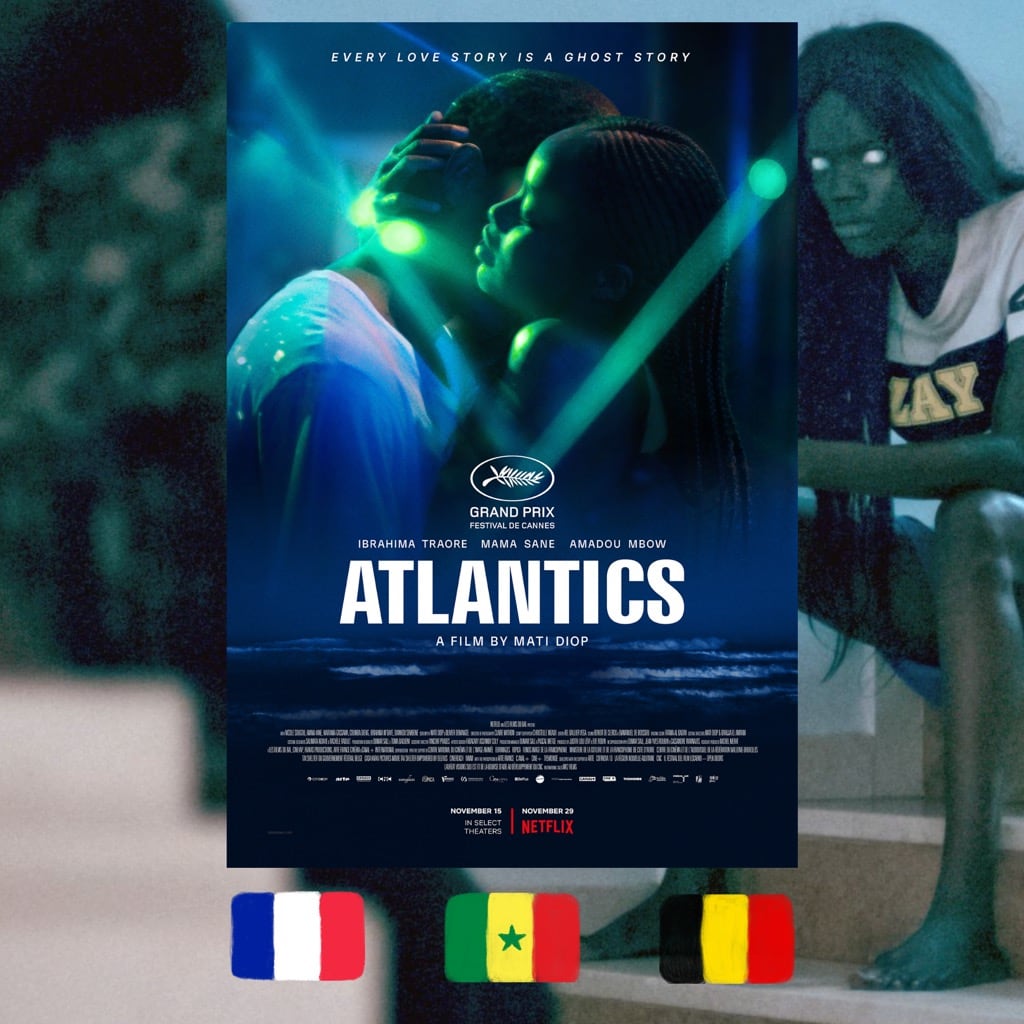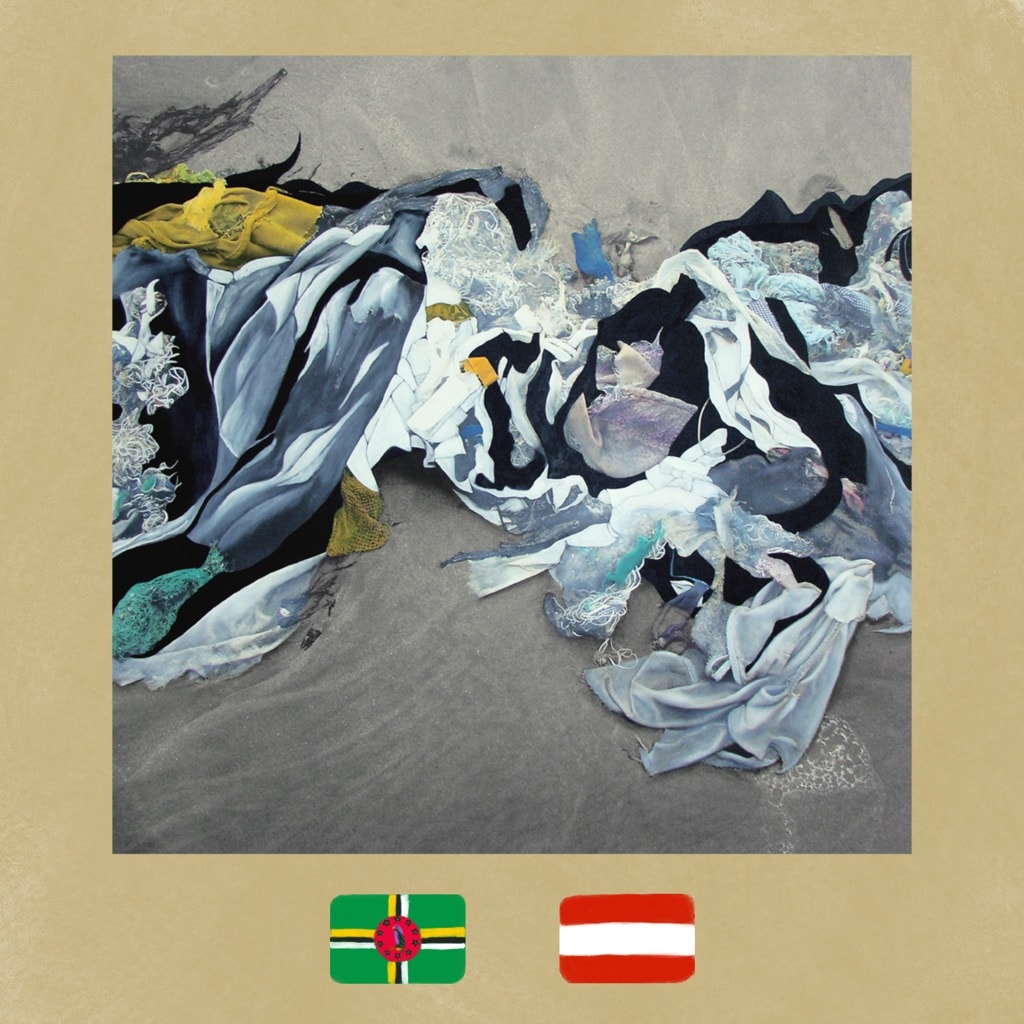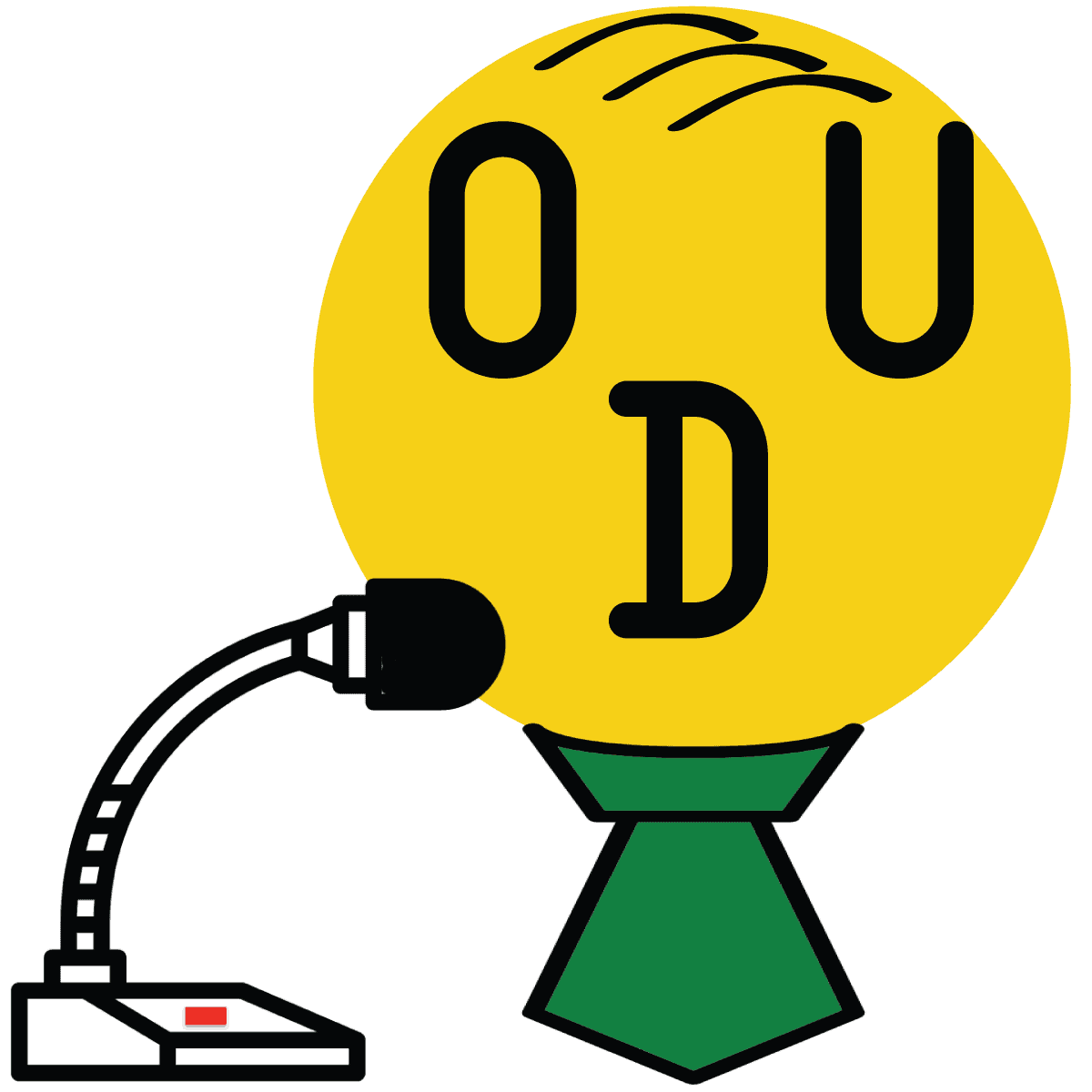If only we could cancel the pandemic, and some things along with it.
There has been so much suffering in the world lately, that the only thing keeping us going is the dream of a better tomorrow.
We can’t wait until we can drink wine or coffee at sidewalk tables, see films in cinemas, art in galleries, and our favorite performers live.
But we also keep thinking about some things we wouldn’t miss if they were forever gone from our world after the pandemic.
And as we look forward to the pandemic ceasing—one day!—we’ve been wondering if perhaps this is the perfect moment to get rid of some other things, along with it.
Here’s our list of the worst things ever:
1. Inequality. It deserves the boot. As the world further sinks into an economic recession, the poor become poorer, but the rich also grow richer. You can’t heal unless you have enough to eat!
2. Having to pay for healthcare. That’s just pure garbage. No one should fear the bills more than the coronavirus, or any other health issue for that matter. (We at Supamodu sure do).
3. Globalization as a doctrine. Ew. We like our world without borders, with cultures accessible and people within reach. But we don’t like it when having the world together is just an excuse for exploitation.
Will we have a chance to get rid of this unholy trinity?
We decided to watch some films and explore some art on the themes to understand the enemies better. Turns out, if we gather enough zombies, we might have a chance in this unequal fight.
Here’s this week’s map:

Mati Diop’s Cannes-winning film “Atlantics” starts with a shiny new tower being built in Dakar. Progress, growth, one might think: and then we learn that the developer is not paying his workers. This gothic, imaginative tale is one of romance, class strife, and zombie vengeance: quite the material to stir and lull oneself at the same time.
FROM SENEGAL, FRANCE and BELGIUM:
Love in the Time of Capitalism and Migration—‘Atlantics’, dir. Mati Diop, 2019
The scion of Senegal’s leading family of creators and her dark fairytale about love and justice for the working class that just might kick off a new Renaissance in the country’s filmmaking industry
Imagine you needed an ambulance, and the city you lived in only had 45 EMT cars to serve its 9 million citizens. That’s how things are in Mexico City. But a least there are private ambulances you can have for money, right? Well, not quite. This system is extremely precarious for the patient and the people running the ambulance alike. “Midnight Family” is a nail-biting film about a family working a private ambulance that effortlessly shows why out-of-pocket costs and healthcare are not such a good match.
A timely, gripping documentary about a Mexican family running a private ambulance unwraps into a thrilling, universal narrative on the dangers that capitalism inflicts upon healthcare

Our world may run out of food before it runs out of clothes, or so it seems. We shop, compulsively, because you can always recycle, drop off that t-shirt you only wore once at a collection point so that someone in need receives it and cherishes it forever. Or so you might think. The unnecessary clothes from the industrialized countries are so abundant that they often end up polluting the ecosystems of non-industrial nations. Dominican artist Pauline Marcelle has made those garments central to her staggering works that will have you reconsider self-isolation shopping.
Striking artworks bring attention to the untraced aspects of garment recycling and examine the oft-ignored class, racial and cultural implications of global pollution
Well, it’s decided.
The first thing after the world is finally cleared of COVID-19, we’re gathering a zombie army and tying a giant ball of discarded garments to a speeding emergency car.
And this mighty juggernaut will break the oppressive systems that hinder equality.
Or maybe it won’t come to this, and the transition to a better world will come naturally.
After all, it’s hard to imagine that all the sacrifices and the hardships will not have taught us anything.
There’s no going back to the old ways. And that’s good.
Hope you enjoy Supamodu and feel compelled to forward this email to your friends.
Thank you for being with us! 💛
— Katya Kazbek,
editor-in-chief















